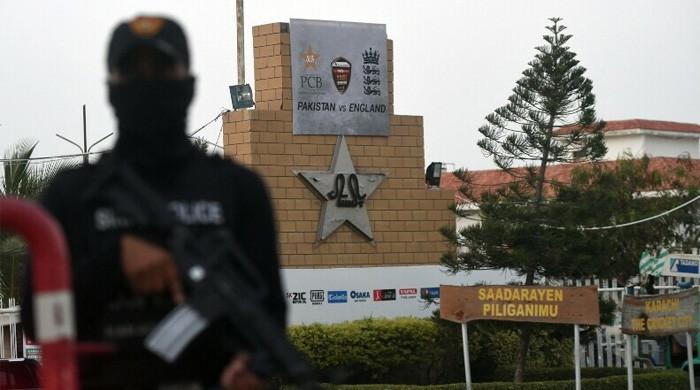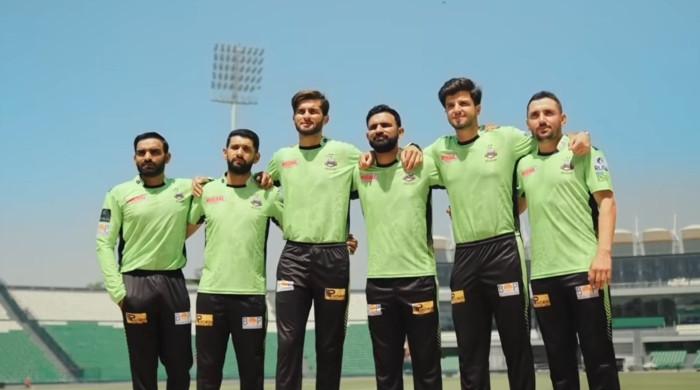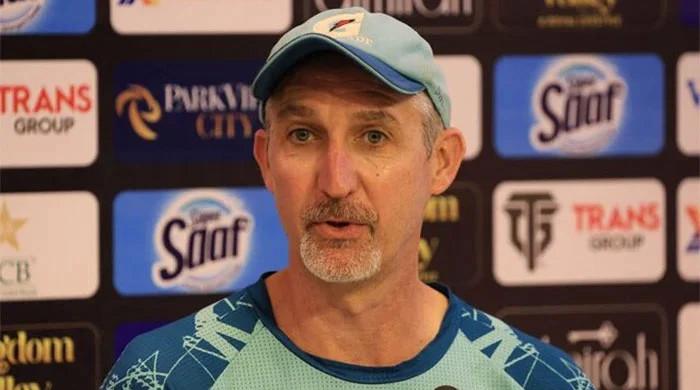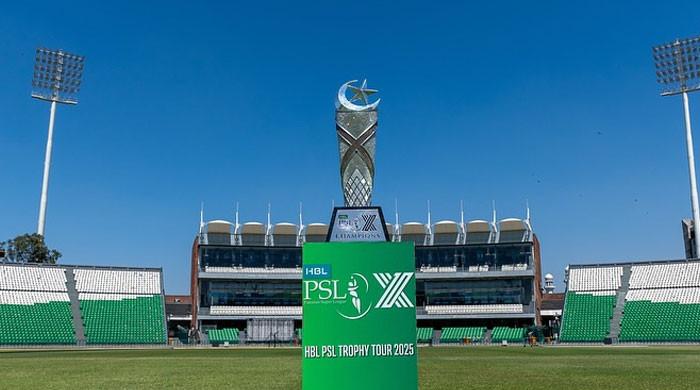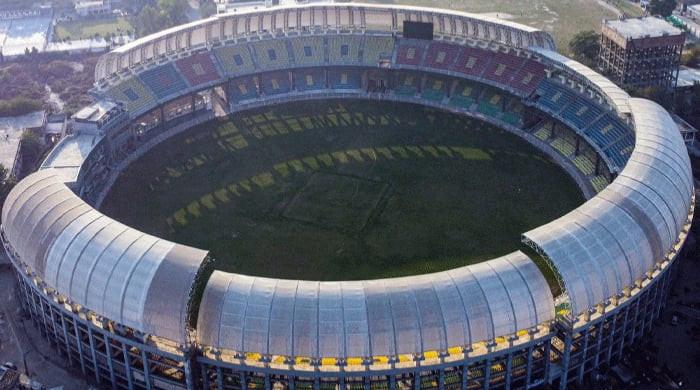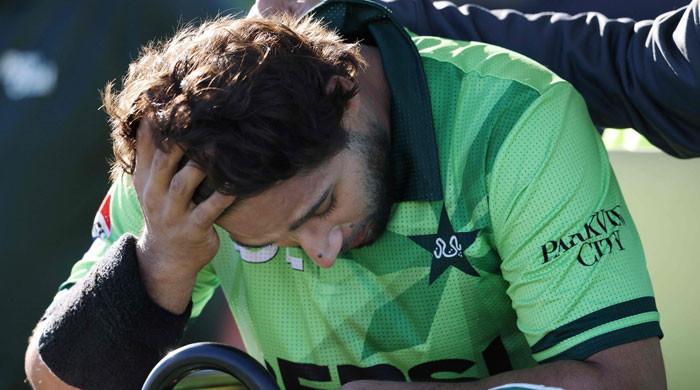Pakistan storm into Street Child World Cup 2018 final
Pakistan beat Indonesia on penalties in the semi-final to make history
May 14, 2018
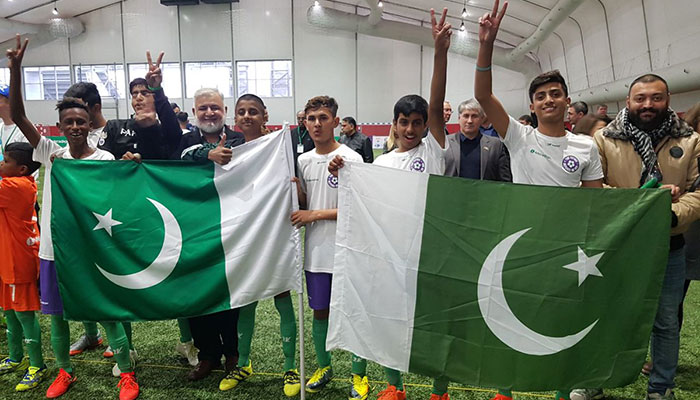
Pakistan have qualified for the final of the Street Child World Cup 2018 in Russia, making history as they beat Indonesia in a nail-biting semi-final on Monday.
The boys in green outclassed Indonesia 5-4 on penalties to secure their place in the final, where they will face Uzbekistan for the trophy.
Team Pakistan, funded and supported by Muslim Hands, looked in good form since the start of the semi-final, and didn’t let their Indonesian counterparts score.
The match remained a goal-less draw when the final whistle blew. In penalty shoot-outs, both the teams managed to score four goals each. But in additional penalties, Indonesia missed the target after conceding a goal to Pakistan.
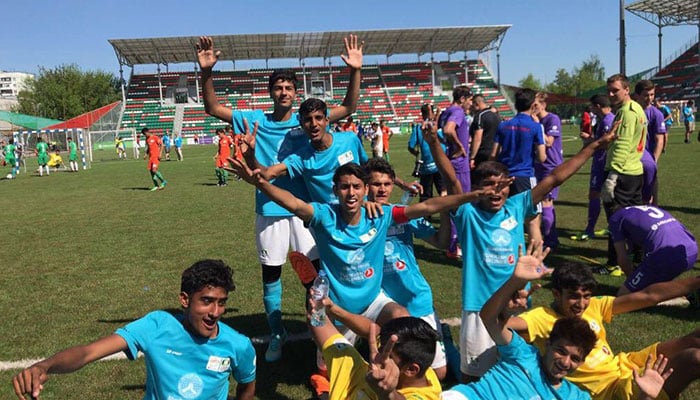
Captain Mohammad Abdullah is confident his players would put up a good show in the final as well.
“We are happy that we have qualified for the final. Insha’Allah we will keep Pakistan’s flag high in the final as well,” Abdullah told Geo.tv from Moscow.
“The boys are highly motivated,” he added.
Abdur Rasheed, head coach of Muslim Hands Pakistan Street Child team, told Geo.tv that the team would give its best to bring the gift of the trophy home.
“I request everyone in Pakistan to pray for our success,” Rasheed said. “Insha’Allah, if the boys play according to their abilities then we will gift victory to the nation.”
Earlier in the tournament, Pakistan played a goal-less equaliser against Uzbekistan in the first match, then defeated Russia 3-1 and Tajikistan 2-0 on way to the semi-final.
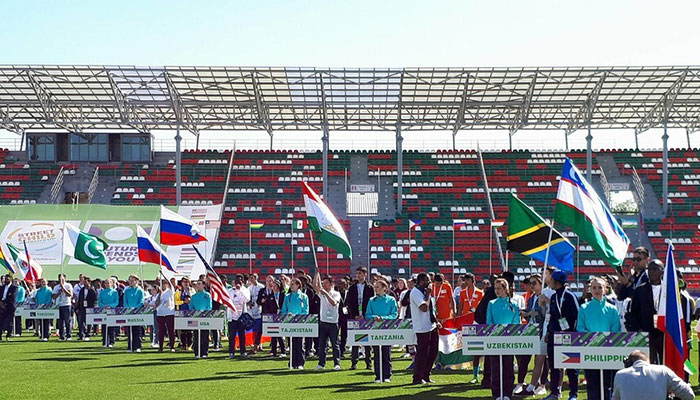
The Street Child World Cup is traditionally held in the host country of the World Cup a month before to highlight the global social issue of youth homelessness.
Since its launch in South Africa in 2010, the tournament has travelled to Brazil and now to Russia, where there are some 55,000 registered orphans, according to official statistics.
The tournament’s stars are orphans, who were either abandoned by their parents or come from extreme poverty.
The participants are 230 boys and girls from 21 countries aged 14 to 17.




